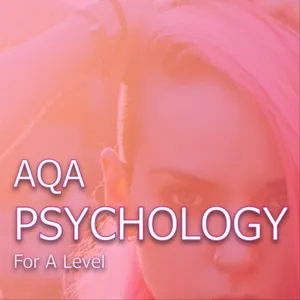Sam Harris speaks with Robert Plomin about the role that DNA plays in determining who we are. They discuss the birth of behavioral genetics, the taboo around studying the influence of genes on human psychology, controversies surrounding the topic of group differences, the first law of behavior genetics, heritability, nature and nurture, the mystery of non-shared environment, the way genes help determine a person's environment, epigenetics, the genetics of complex traits, dimensions vs disorders, the prospect of a GATTACA-like dystopia and genetic castes, heritability and equality of opportunity, the implications of genetics for parenting and education, DNA as a fortune-telling device, and other topics.
If the Making Sense podcast logo in your player is BLACK, you can SUBSCRIBE to gain access to all full-length episodes at samharris.org/subscribe.





